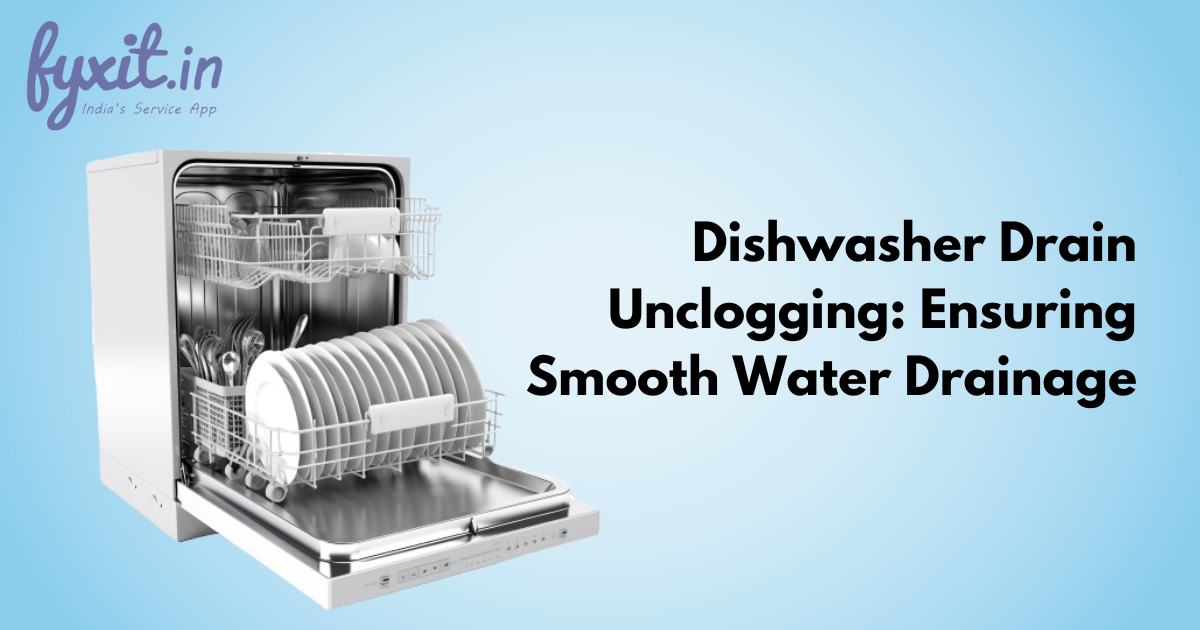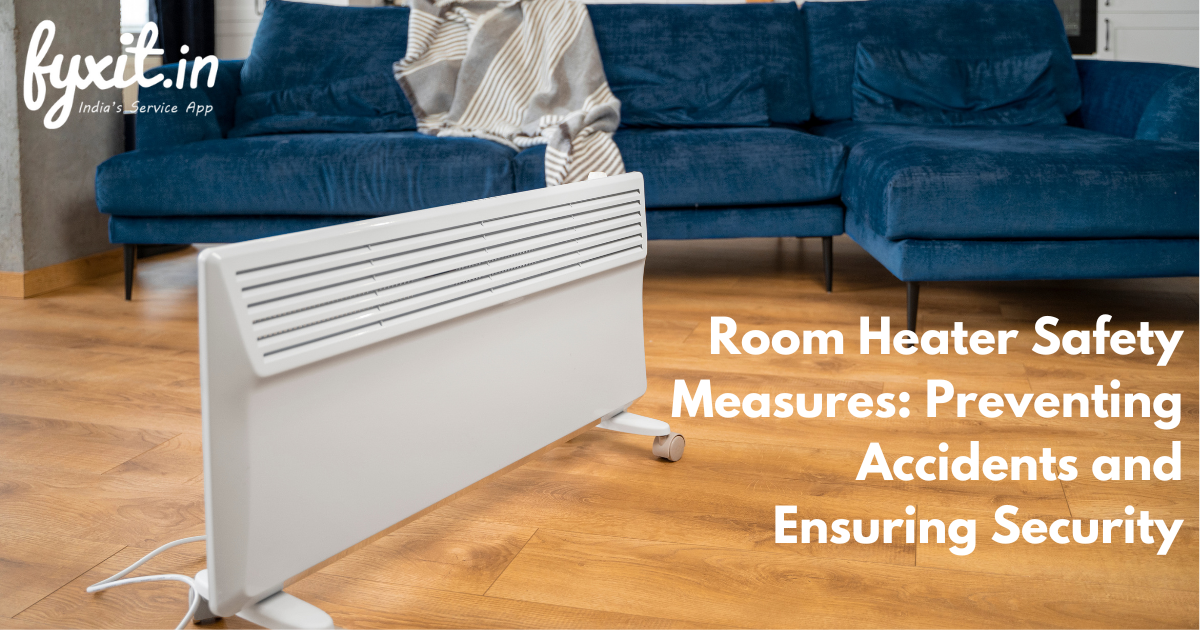Household appliances play a vital role in our daily lives, offering convenience and efficiency. However, these essential devices have a finite lifespan, and premature breakdowns can disrupt our routines and lead to unnecessary expenses. The good news is that with proper care and maintenance, you can significantly extend the lifespan of your appliances. In this article, we will explore expert tips and techniques to help you keep your appliances running smoothly for years to come.
Table of Contents
Regular Cleaning and Maintenance
Refrigerator Coils:
The coils behind or underneath your refrigerator can accumulate dust and debris, affecting the appliance’s efficiency. Regularly vacuum or brush these coils to ensure optimal heat exchange and prevent the compressor from overworking.
Dryer Vents:
Clogged dryer vents not only reduce efficiency but also pose a fire hazard. Clean the lint trap after each use and regularly inspect and clean the dryer vent to prevent lint buildup.
Oven and Stovetop:
Spills and food debris can accumulate in your oven and on stovetop burners, affecting performance. Clean these areas regularly to prevent odors, improve efficiency, and avoid potential fire hazards.
Proper Installation and Placement
Leveling Appliances:
Ensure that your appliances are level and properly balanced. This is particularly important for washing machines and refrigerators. Imbalances can lead to excessive vibrations, causing wear and tear on components.
Ventilation for Appliances:
Proper ventilation is crucial for appliances like refrigerators, ovens, and dryers. Ensure that there is adequate space around these appliances to allow for proper airflow, preventing overheating and extending their lifespan.
Proper Installation:
Follow manufacturer guidelines for installation. Incorrect installation can lead to performance issues and premature wear. If unsure, seek professional assistance to ensure appliances are installed correctly.
Mindful Operation
Load Capacity:
Avoid overloading washing machines, dishwashers, and other appliances with excessive weight. Operating appliances within their recommended load capacities reduces strain on components, improving their longevity.
Refrigerator Temperature:
Set your refrigerator and freezer temperatures according to the manufacturer’s recommendations. This not only ensures food safety but also prevents the appliance from overworking to maintain optimal temperatures.
Avoid Slamming Doors:
Gentle handling of appliance doors, such as refrigerator and oven doors, prevents damage to seals and hinges. Avoid slamming doors, as this can lead to misalignment and decrease the effectiveness of seals.
Regular Inspections and Servicing
Appliance Inspections:
Conduct regular visual inspections of your appliances. Look for signs of wear, loose parts, or unusual noises. Identifying and addressing issues early can prevent more significant problems down the line.
Professional Servicing:
Schedule periodic professional servicing for appliances such as HVAC systems, water heaters, and refrigerators. Professional technicians can identify and address issues that may not be apparent during routine inspections.
Replace Worn Components:
If you notice worn or damaged components during inspections, don’t hesitate to replace them. Whether it’s a worn gasket on your dishwasher or a frayed power cord, timely replacements can prevent further damage.
Use Quality Water
Water Softeners:
If your area has hard water, consider using a water softener. Hard water can cause mineral buildup in appliances like dishwashers and water heaters, reducing their efficiency. A water softener can help prevent scale deposits.
Water Filters:
Use water filters in appliances that use water, such as refrigerators and dishwashers. Filters help remove impurities and contaminants, preventing them from affecting the appliance’s performance and lifespan.
Smart Technology Integration
Smart Home Monitoring:
Utilize smart home monitoring systems to keep track of your appliances’ performance. Some appliances come with built-in sensors and connectivity for remote monitoring. Smart technology can provide real-time alerts and diagnostics.
Energy-Efficient Appliances:
Consider upgrading to energy-efficient appliances. While these may have a higher initial cost, they often come with advanced technologies that improve efficiency and can contribute to a longer lifespan.
Appliance-Specific Tips
HVAC Systems:
Change air filters regularly to maintain optimal airflow and reduce strain on the system. Schedule professional HVAC maintenance annually to address issues like refrigerant levels and component wear.
Washing Machines:
Clean the washing machine drum regularly to prevent mold and mildew. Check and clean the pump filter periodically. Avoid overusing detergent, as it can lead to buildup and affect the machine’s performance.
Dishwashers:
Clean the dishwasher filter and spray arms regularly. Run an empty dishwasher cycle with vinegar to remove mineral deposits. Check the door gasket for signs of wear and replace it if necessary.
Microwaves:
Clean spills and splatters promptly to prevent odors and damage to the interior. Use microwave-safe containers and avoid running the microwave empty, as it can damage the magnetron.
Conclusion
Extending the lifespan of your appliances requires a combination of proper care, maintenance, and mindful operation. By incorporating these expert tips and techniques into your routine, you can not only prolong the life of your appliances but also optimize their efficiency, saving you money and reducing environmental impact. Remember that each appliance is unique, so familiarize yourself with the manufacturer’s guidelines for specific care and maintenance requirements. With a proactive approach, you can ensure that your appliances continue to serve you well for years to come.



